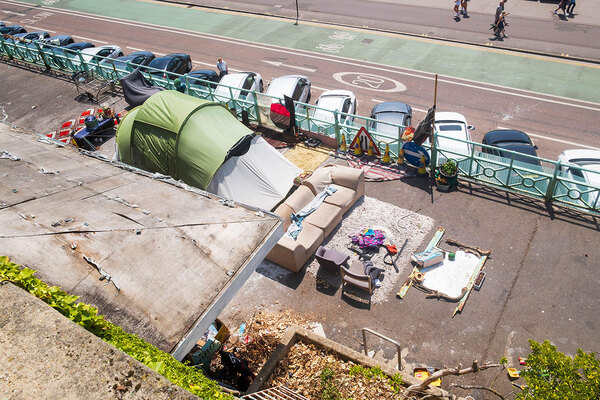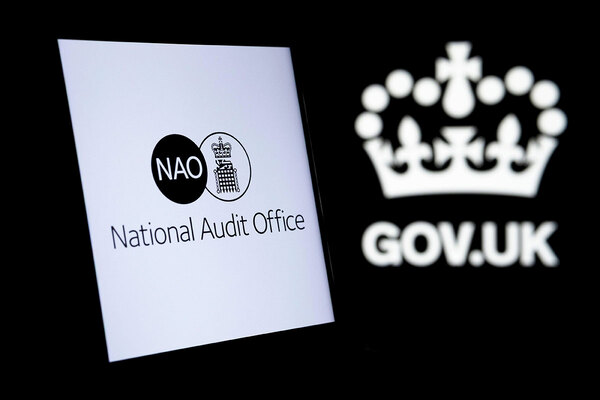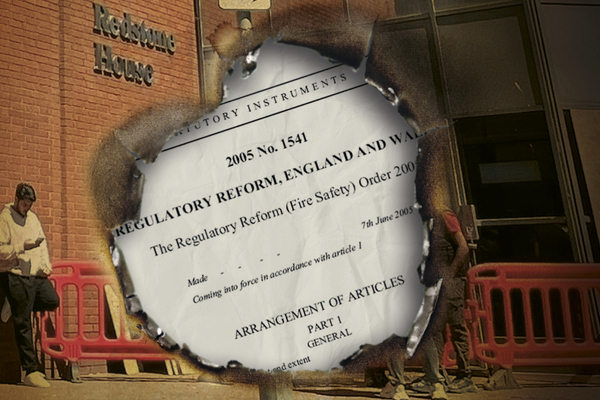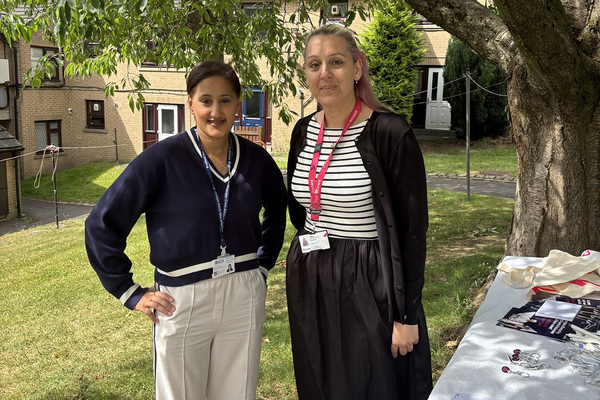You are viewing 1 of your 1 free articles
High Court rules RBKC must provide temporary accommodation near hospital where child is being treated
The High Court has ordered the Royal Borough of Kensington and Chelsea (RBKC) to provide a family facing eviction with accommodation near the hospital where their child is being treated.
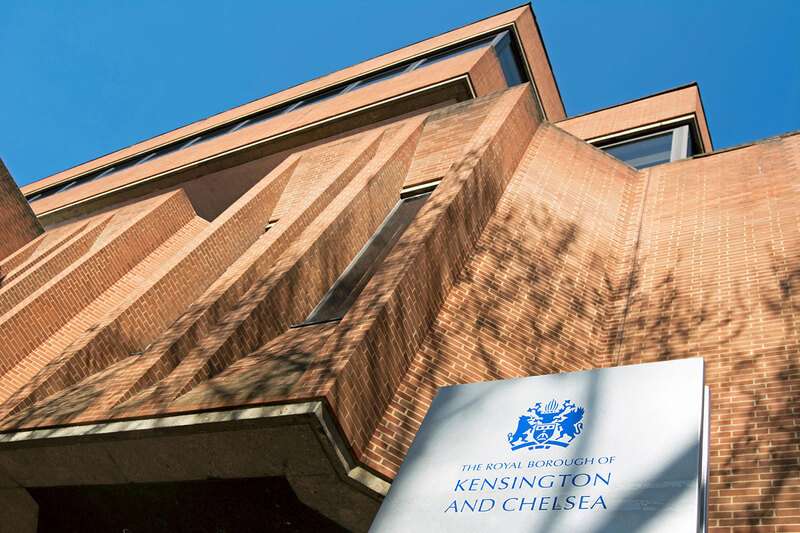
Judge Jonathan Glasson ruled that the London council was in breach of its legal duty to provide suitable accommodation after it initially failed to provide the family with temporary housing within 45 minutes of both Chelsea and Westminster and Royal Brompton hospitals.
The family’s child has been diagnosed with a rare health condition that requires him to use a ventilator while sleeping. This means that the child must be monitored throughout the night to ensure there are no equipment malfunctions.
According to the consultant treating the child, it is “imperative” that he lives within 45 minutes of both hospitals.
The case came about as the family were being evicted from their privately rented accommodation, so the father reached out to the council.
He claimed that the council delayed assessing their housing needs and failed to provide temporary accommodation or tell them they could join the housing register during their homelessness assessment.
Following this, the father complained to the Local Government and Social Care Ombudsman, which upheld his claims.
Despite accepting “agreed action” from the ombudsman, the council offered unsuitable accommodation in Cricklewood, outside the recommended distance from the hospitals.
At the hearing, the family’s solicitor, Mr Panayi, said he checked the website Rightmove for available three-bedroom properties in the borough as well as within the Local Housing Allowance (LHA) rate area for central London, finding 33 within the borough and 102 within LHA rates.
In his statement, Mr Panayi said: “Clearly, there are available properties that the defendant could be securing for the claimant.”
He added: “The defendant [RBKC] is yet to make any further offer of accommodation, despite properties being available and their assertion that they are taking steps to secure the same.”
However, the council’s lawyer, Ms Peterkin, said: “Not all private landlords are willing to let their properties through arrangements with local authorities, and therefore the availability of a listing on a property website does not necessarily mean that the property is suitable or accessible to us for use in meeting our statutory duties.”
Judge Glasson said that the onus was on RBKC to explain why a mandatory order was not needed.
While the council said there was a shortage of suitable private rented accommodation for the family, the judge said: “In my judgment, the defendant has not sufficiently explained why a mandatory order should not be made to ensure that it complies with its duty.
“The evidence supplied by the defendant has focused on the generic problems it faces in discharging its duty.”
An RBKC spokesperson said: “We always aim to meet our residents’ needs, and we are sorry for falling short in this case. We are working to secure a suitable home that meets this family’s specific needs as well as satisfying the court’s requirements.
“There is a widespread shortage of temporary accommodation in London, especially larger or accessible homes. We are doing all we can to increase the supply, including by freeing up money from the council’s pension fund to purchase up to 250 properties.”
RBKC revealed its plans in June to use up to £100m of its pension fund as it seeks to buy 250 properties for homeless households.
Sign up for our regulation and legal newsletter
Already have an account? Click here to manage your newsletters
Latest stories

